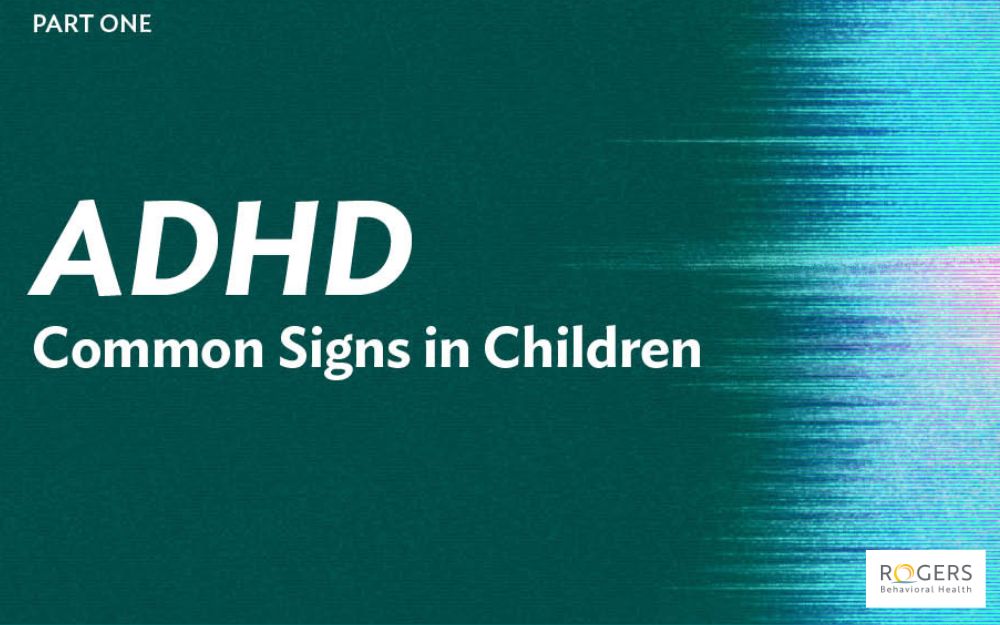Tips for parenting during COVID-19
Posted on 08/14/20 09:52:am
Share this article:
More than one-third of Americans say the pandemic has had a serious impact on their mental health.
Parents and their children continue to adapt to the fluidity of the COVID-19 environment—work schedules, cancelled summer camps, delayed sports seasons, and now the looming of a different kind of school year. Many families are finding themselves grappling with how to support not only their children’s mental health but their own.
Tips on how parents can help themselves when they feel overwhelmed
“Children are watching their parents to see how they should react, both verbally and non-verbally, especially during stressful situations like COVID-19,” explains Dr. Peggy Scallon, MD, medical director of Focus Depression Recovery adolescent residential care. “That’s why it’s critical parents try to manage their negative feelings and find ways to support their own mental health so they can continue to provide the support their children so desperately need.”
When parents start to feel overwhelmed, it’s important to acknowledge those feelings, but also to find healthy ways of alleviating the weight of them, including staying active, practicing mindfulness, trying to prioritize a good night’s sleep, and maintaining adequate nutrition and hydration.
How parents can help their children
“I encourage parents to be positive and flexible with their children during all of the unknowns, and to offer support whenever possible, especially as the new school year begins,” says Dr. Scallon.
Dr. Scallon points out a few supportive strategies parents can try with their children.
- Validate your child’s feelings. Whether your child is returning to school virtually, face-to-face, or a combination of the two, they’re likely worried about some aspect of how the new school year will look for them. “Parents should acknowledge their child’s feelings and reactions. Let them know that’s all ‘normal’, and you accept them with all the emotions they’re experiencing. Children need to know that you are their safe place for them to go when they can’t sort it out on their own.”
- Answer questions honestly. Parents need to be honest with their children while staying upbeat, but avoid making unrealistic promises. For example, if your child is worried about contracting COVID-19, reassure them with all of the ways your family is practicing being safe, but point out you can’t promise there won’t be cases of the virus in your community. If your child asks questions about when “everything will go back to normal,” it’s okay to say “I don’t know” but also emphasize that what we’re experiencing is only temporary.
- Maintain structure. It’s important that children still have some structure in their lives, even though their day-to-day life may look very different now. This includes having the same bedtime and wakeup time, restriction on screen time, healthy nutrition, and regular exercise. Maintain consistency around wearing masks, washing hands, social distancing, and other CDC recommended guidelines for protection from coronavirus. Try to point out the positives of this uncertain time when you can; for example, good points like being able to spend more time together as a family.
- Encourage social connections where possible. It’s also important for children to maintain their friendships even though they may not be able to physically see their friends as much as they used to. If your child is missing their best friend, suggest calling to catch up or leveraging digital apps such as FaceTime or Facebook Kids Messenger to connect with friends.
When to seek help
If you or your child are ruminating excessively and the anxiety is getting in the way of daily functioning, you can consider seeking professional help, especially if you or your child start describing suicidal thoughts. If you or your child are in crisis, call, text, or chat the 988 Suicide and Crisis Lifeline, or if you’re in an emergency situation call 911.
Rogers offers multiple levels of care in locations across the country for children, adolescents, and adults suffering from OCD, anxiety, depression, and other mood disorders. Call 800-767-4411 or request a free screening online.



